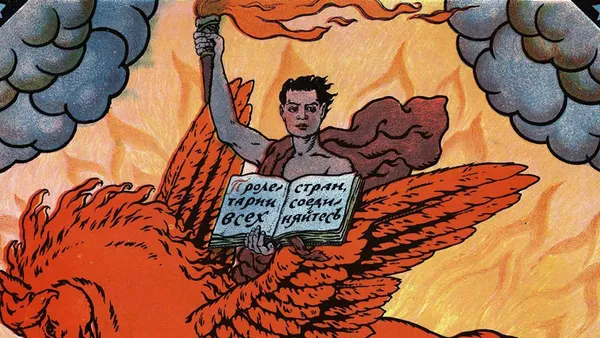
Nothing could be the same in the world after 1917, for “what should never have been became real”—a society where the oppressed masses had overthrown the oppressing classes and where “a total change in the life of the people” was being made.

Nothing could be the same in the world after 1917, for “what should never have been became real”—a society where the oppressed masses had overthrown the oppressing classes and where “a total change in the life of the people” was being made.
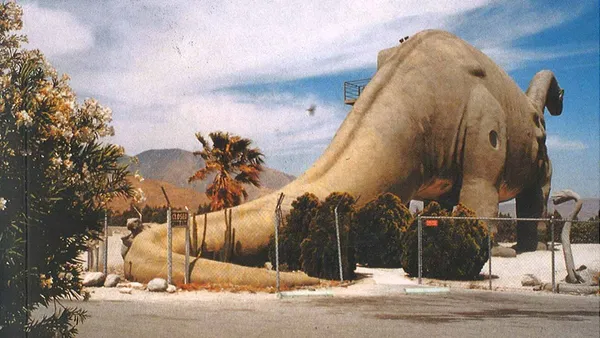
As a guide to understanding the cultural mythology and socio-geographical history of the singular American city that represents both “the utopia and dystopia for advanced capitalism,” there is none more incisive than Mike Davis’ City of Quartz.
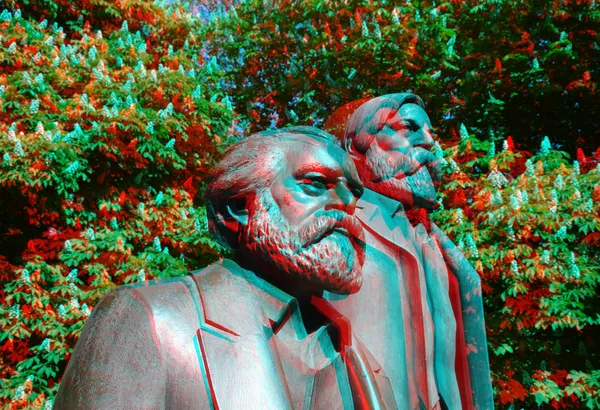
If Marx focused so much on the material, it was because he found it integral to collective human flourishing in a sense similar to the Aristotelian eudamonia—physical, mental, and spiritual well-being achieved through practical activity.
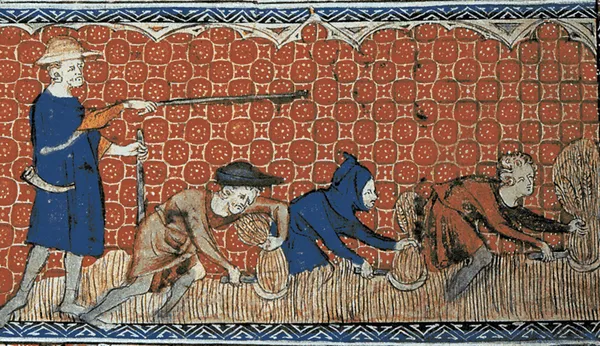
There is a story told about capitalism—mostly by its proponents: classical liberals, American conservatives, libertarians, and the like; but also sometimes inadvertently by its Marxist critics—that sees this system as synonymous with human nature in all times and all places.
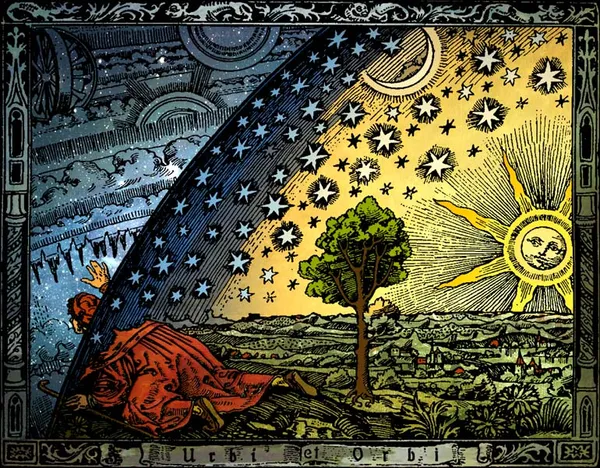
Thomas’ “metaphysics,” if indeed it can be called that, is neither an overarching rationalist system nor a purely sense-oriented empiricism. Perhaps it is ultimately closer to the dialectical materialism of Karl Marx—a philosophy engaged with the flux of material, historical change and humanity’s common interaction with itself and nature—than it is to any Enlightenment idealism.
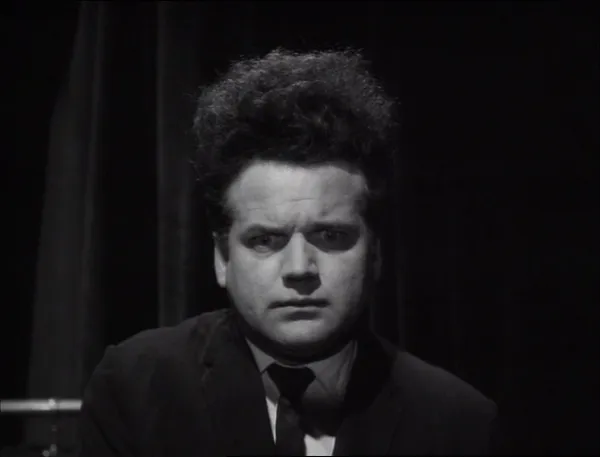
The cinema of David Lynch, true to the spirit of its Surrealist predecessors in art and film, has always resisted conventional characterization or description.
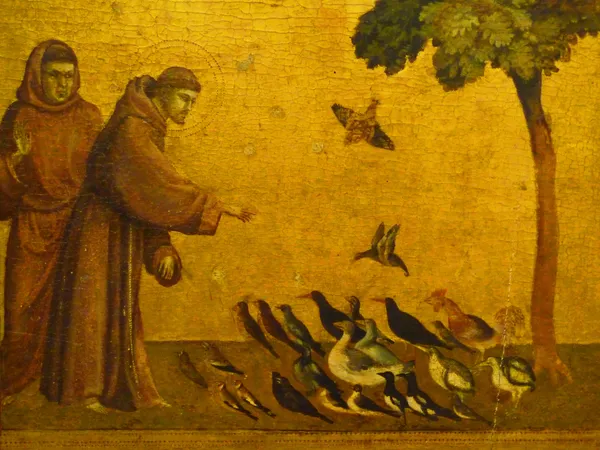
“In the person of Francis the premodern world, so to speak, gathered itself together before coming to an end. For one last time, before the forces of progress thundered off on their triumphant path, one man looked into the motivating thrust behind the whole thing and decisively rejected it: Francis of Assisi, the last Christian.”
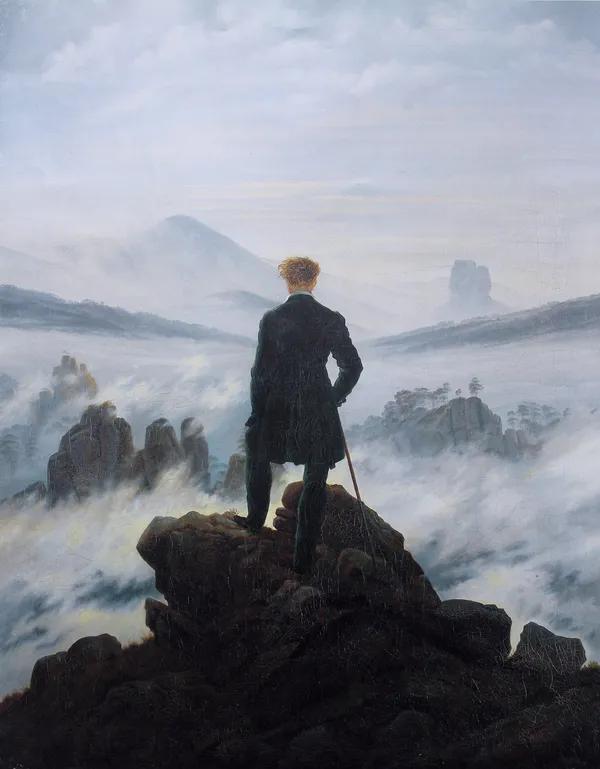
Walking is a mode of living that embraces freedom, but this freedom is of a vastly different sort than that offered by the plethora of choices and dependencies that entangle us in the web of our consumerist lives.
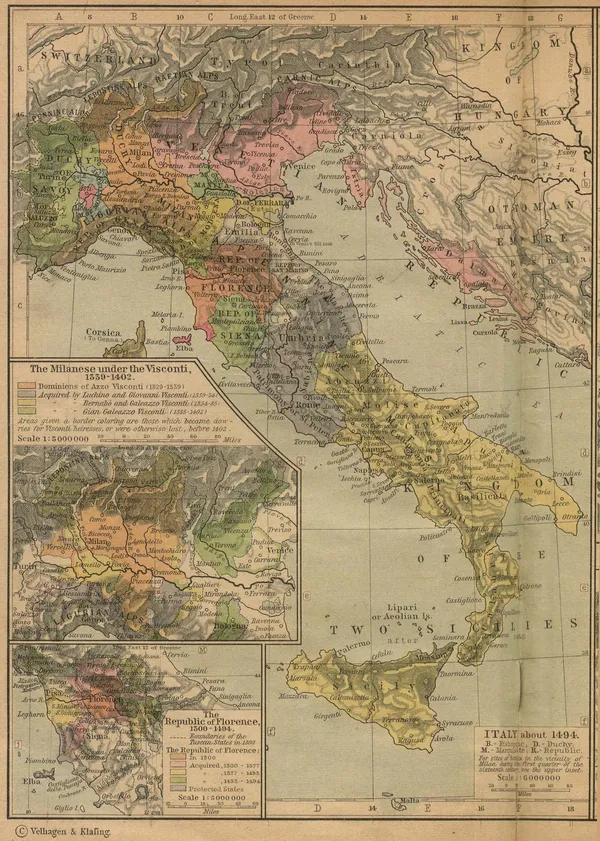
It existed once before the nineteenth century, briefly, as part of the vast imperial structure of the Roman Empire. Before that it had been a vague idea from myth—the notion of Italia.
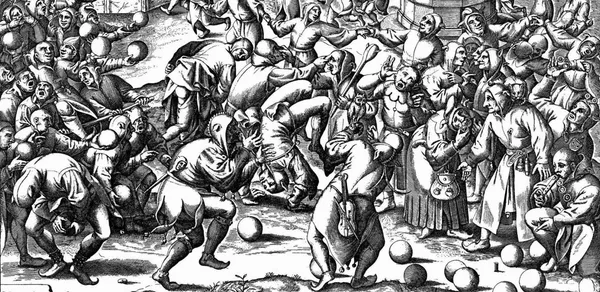
In Rabelais and His World, the Russian critic Mikhail Bakhtin argues that Rabelais is the culminating literary expression of the carnival or grotesque idiom of folk humor, an idiom which had developed for over a thousand years (starting with the Roman Saturnalia) as an “unofficial” or subversive culture in the West, complete with its own rites, rules, and symbols.